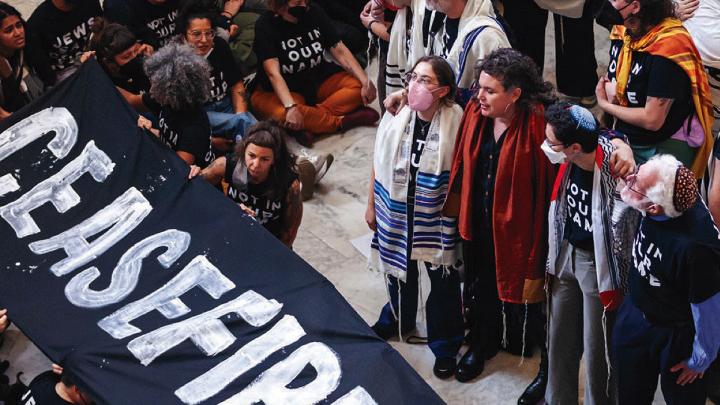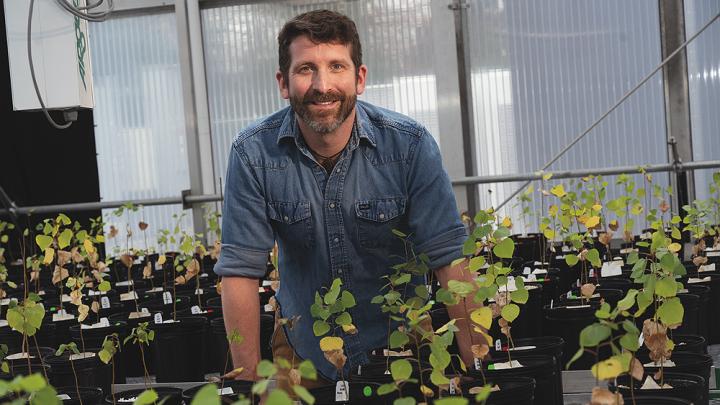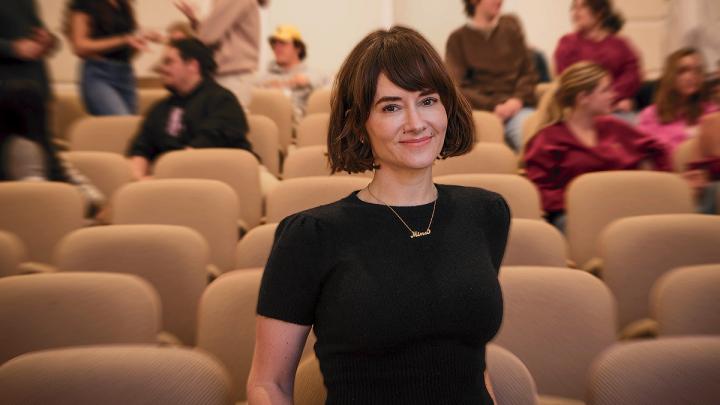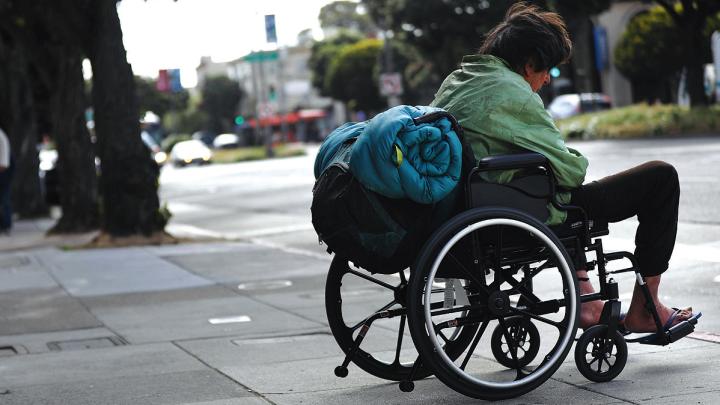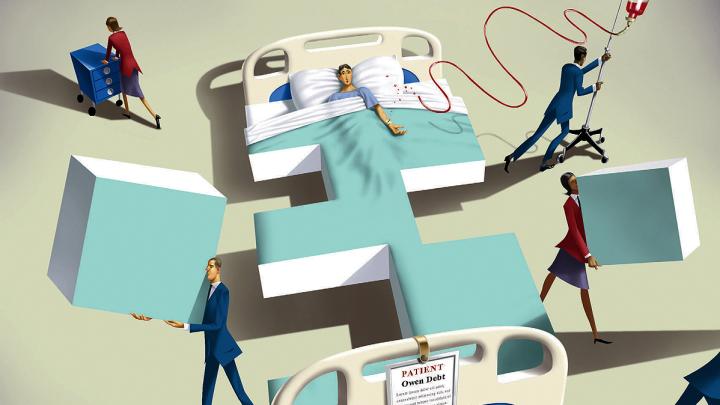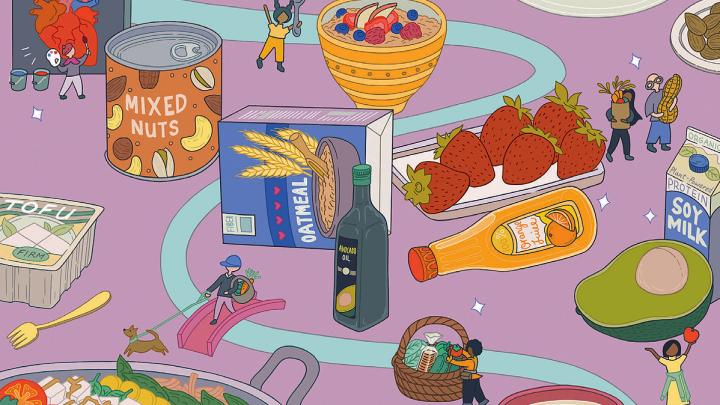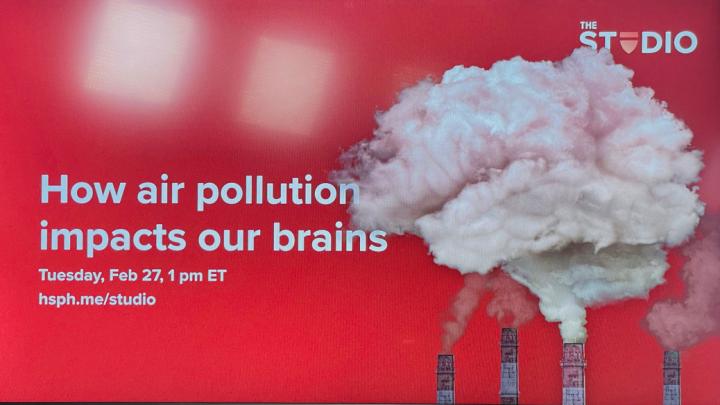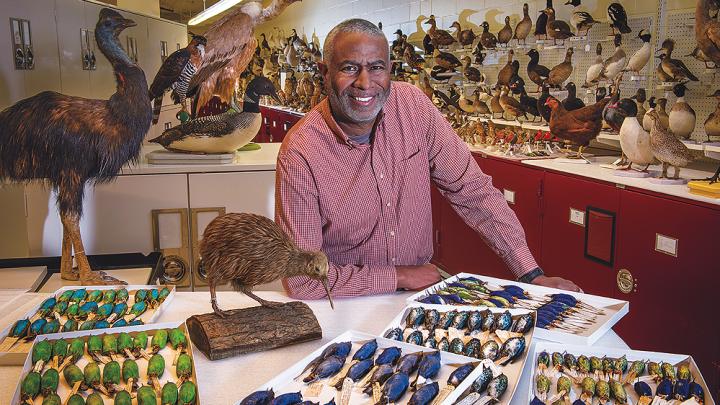Faculty & Research
Academia’s Absence from Homelessness
“The lack of dedicated research funding in this area is a major, major problem.”
by Lydialyle Gibson
Israel, Idea and State
How should Progressive Jews reconcile the changing nature of Israel today as state and ideal?
Plants on a Changing Planet
How long will the world’s forests impound carbon below ground?
by Jonathan Shaw
The Gravity of Groups
Mina Cikara explores how political tribalism feeds the American bipartisan divide.
by Max J. Krupnick
The Homelessness Public Health Crisis
Homelessness has surged in the United States, with devastating effects on the public health system.
by Lydialyle Gibson
Private Equity and the Practice of Medicine
Hundreds of U.S. hospitals are owned by private equity firms—does monetizing medicine affect the quality of care?
by Colleen Walsh
Diversifying Diet
A little-known diet improves cardiovascular health through several distinct mechanisms.
by Nina Pasquini
Making the Public Record Public
Harvard legal database released
by Max J. Krupnick
Should AI Be Scaled Down?
The case for maximizing AI models’ efficiency—not size
by Nina Pasquini
How Air Pollution Affects Our Brains
An expert Harvard panel discusses the links between air pollution and dementia, learning, mental health, and mood.
by Jonathan Shaw
How Birds Lost Flight
Scott Edwards discovers evolution’s master switches.
by Veronique Greenwood

